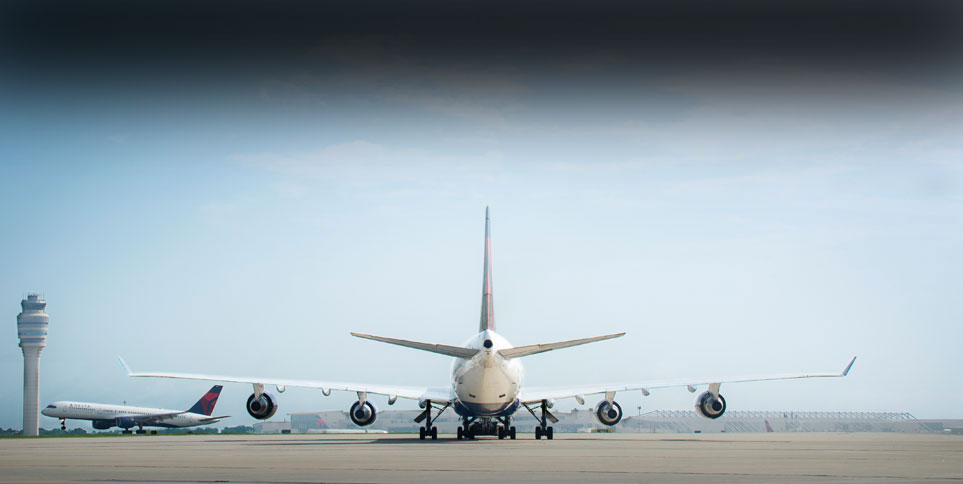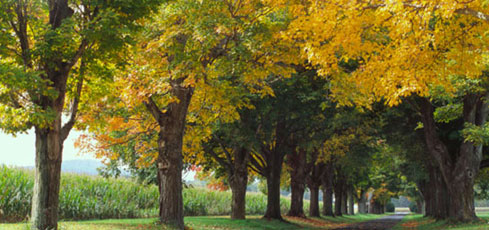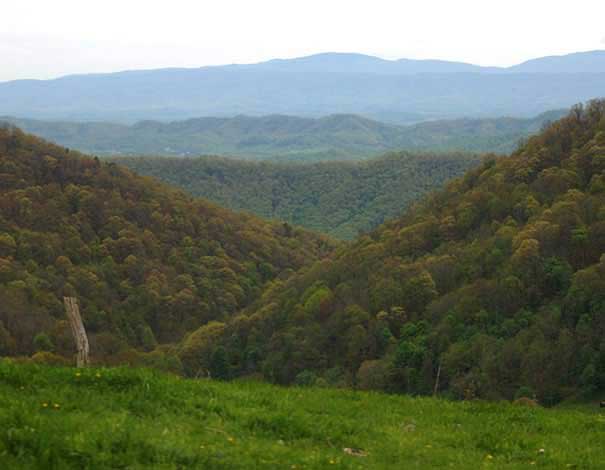
A Greener Way to Fly.
Learn More about the carbon impact of your trip.
This page redirects to /us/en/about-delta/sustainability


The average tree conserved through the Nature Conservancy’s Carbon Offset Program will sequester up to 7,5 metric tons of CO2 over its lifetime. By comparison, a roundtrip flight from New York to London will emit about 1 metric ton of CO2 per passenger.
This 15,558 acre conservation project, located in northwest Belize, reduces carbon dioxide emissions through the protection of forest lands threatened by conversion to agriculture. The project provides important habitat for 200 species of trees, 400 species of birds, 70 species of mammals and 39 species of concern including the jaguar, puma, margay, ocelot, and howler and spider monkeys.
This program protects and manages 22,000 acres of working forestlands in southwestern Virginia, which support important wildlife species like black bear, provide clean water for people and globally rare aquatic species, and sustain local timber jobs and economies.
Owned and managed by The Nature Conservancy, the Valdivian Coastal Reserve is a 125,000-acre protected area located on Chile’s southern coastline. In 2003, TNC purchased this temperate rainforest property, halting the threat of deforestation from construction of coastal highways as well as conversion of native forest to exotic plantations. This prevented more than 350.000 tons of CO2 emissions from entering the atmosphere. The Reserve is home to biological treasures such as Olivillo and Alerce trees, whose lifespan stretches between 400-3.000 years, as well one of the world’s smallest deer called the Pudú.
